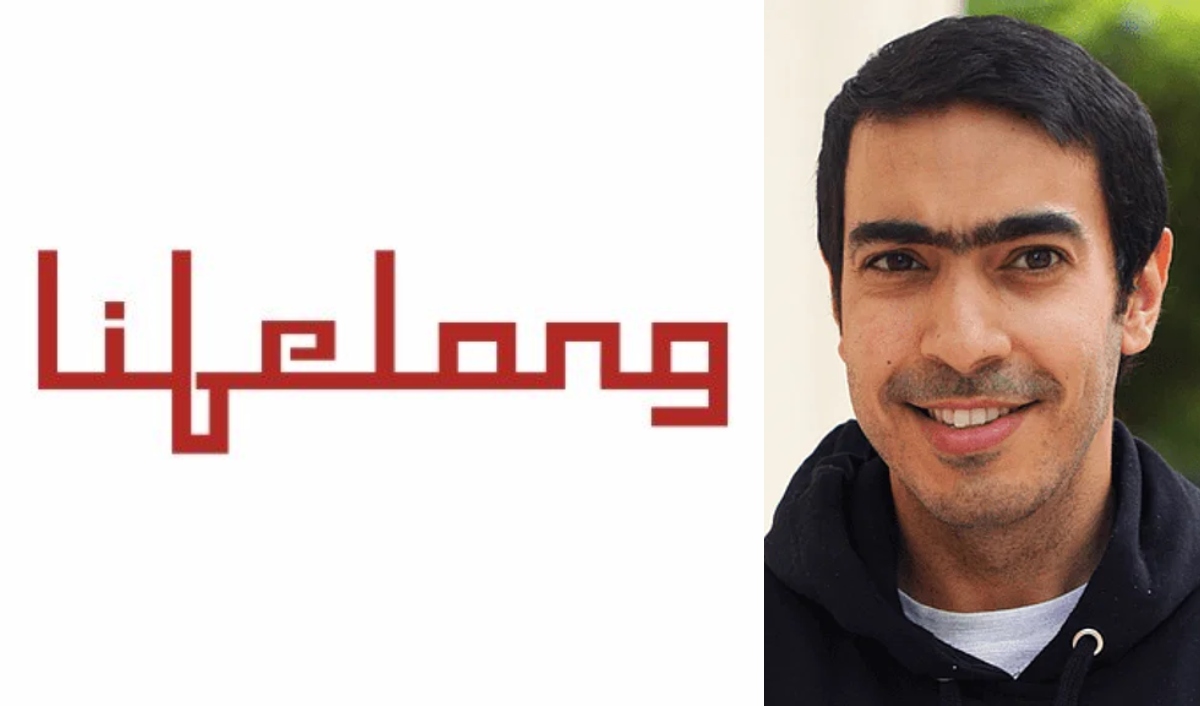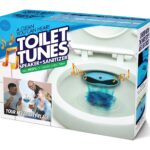Bharat Kalia decided to start his new company in 2015. He quitted his management consultancy job to start Lifelong Online, a customised home appliance manufacturing company. In five years, he turned his startup into a fast-growing D2C brand.
It was nearly a decade ago and the growing influence of the internet gave rise to the Indian ecommerce startups. When working in his Gurugram office at Bain & Company, Bharat Kalia was pondering over the home appliance market. He was using the same range of home appliances that his parents used 2-3 decades ago. He conceived an idea for a digital revamp of consumer durables.
In 2015, digital development was happening in the technology sector including TVs and mobiles. However, the same wave was nowhere to be seen in the fields of consumer durable products and home appliances. The legacy categories were characterised by bulky and inefficient methods of manufacturing and distribution.
“At that time, customers across the country, including those living in small towns and rural areas, wanted to live a more comfortable life. But home appliances and consumer durables were not designed for them,” Bharat says.

How He Started
He worked at a management consultancy firm for five years, starting as an associate to a team manager. Some people acquainted with Bharat thought that it would be a suicidal mistake to quit such a high-paying corporate job. However, Bharat was determined to take an entrepreneurial plunge.
He wanted to start manufacturing the products as per customers’ needs and ensure honest and transparent pricing for products. Bharat’s strong conviction prompted him to part ways with his management consultancy job and to start his own company. He launched Lifelong Online in Gurugram in 2015. Entrepreneur Atul Raheja and Bharat’s colleague Varun Grover from Bain & Company joined him.
Bharat says that he always dreamt of starting a customer-based brand that will understand customers’ pain points. He realised his dream by introducing a range of innovative products, strongly focusing on lean supply chain and distribution via a D2C (direct-to-customer) model. According to him, his D2C approach has helped the brand build strong and efficient products with reasonable pricing for customers.
The trio started with a small capital and introduced their first product – a mixer grinder. In the next five years, their company brought out a wide range of appliances and other products in the home, grooming, kitchen and lifestyle categories. They have successfully turned Lifelong Online in a fast-growing, digital-first consumer durable brand.
Funding
In 2019, Bharat and other co-founders secured Rs 40 crore in a Series A funding round from Tanglin Venture partners. Bharat claims that the company with its 60-member team earned Rs 40 crore revenue in the peak months. The company registers 33 percent of the overall sales from home and kitchen appliances, one-third from sports and grooming products and rest in the health and lifestyle category.
The company retails to more than 500 Indian citizens via Amazon, Snapdeal, Flipkart, Nykaa, Tata Cliq and Paytm as well as brick and mortar distribution networks.
“Traditionally, a salesman at a physical store would tell you which mixer grinder or washing machine to buy. But today, the younger, discerning customers look at online content, product ratings, and reviews, thereby actively participating in purchase decisions. These are the customers we reach through the brand,” Bharat explains.
Manufacturing Units
Lifelong Online has three factories —two in Haryana and one in Coimbatore — that exclusively manufacture for the brand but aren’t owned by it.
Bharat says that the company has talked to entrepreneurs who will set up factories for them and manufacture their products. He discloses a plan to commission and start operations at a new multi-line facility.
The company employs this asset-light production model with a D2C retail strategy to eliminate the middlemen, allowing Lifelong Online to sell at affordable prices.
Bharat has a 60-90 day product manufacturing cycle in place. This process depends on identifying customer needs through channels and product reviews. A direct touch with customers via D2C strategy helps the company easily get customer feedback and relevant data.
At Lifelong Online, collected data is reviewed before the engineers draft a functional design to fit customers’ needs and optimise its functionality across the brand’s value chain, from product design, application, supply chain to packaging. Next the brand conducts a trial launch and opts for refinement based on customers’ feedbacks, while studying the market size and category
The brand then conducts quality testing before the launch. Once they are satisfied with the quality, they proceed to the final launch.
Challenges
The company worked as a bootstrapped business in the initial years. However, it soon needed fund to expand its operation. Bharat says that his company was busy with both manufacturing and selling and it was difficult to raise debt financing.
According to him, most investors were reluctant to fund a young company with debt finance. Though it was a four and a half year old set up by then and was doing fairly well, they found it not easy to convince banks to sanction working capital loans.
So, they decided in favour of equity financing. In times of COVID-19 pandemic and following lockdown in India, the company found it difficult to physically reach out to customers for home appliance installation and servicing.
As a digital brand, Lifelong Online has experienced a spike in demand for its service, which has helped the company in its economic recovery.
Future Planning
As per IBEF data, the Indian consumer electronics and home appliance market is projected to reach Rs 1.48 lakh crore in size by 2025, registering a leap from Rs 76, 400 crore in 2019. The company has a plan to play a crucial role in the rosy scenario. The company is now competing with some established, elite and legacy brands across the same industry niche.
According to Bharat, the company’s focus on customers’ needs and technology-driven rapid innovation cycle will help it satisfy customers and encourage them to come back to the same brand. He adds that large brands dominate all these categories and it was not easy for them to become profitable, while insisting that if these big names wanted to adopt a digital-first D2C approach like Lifelong Online, it would have been like DNA exchange.
However, Bharat thinks that the big fishes might switch to this model in future but not now. Bharat claims that there is a plan to optimise the company’s innovation cycle and add more products across home appliance categories. He also has plans for young designers and engineers so that they can develop and test new-age, feature-rich and durable consumer products for the brand. According to him, a mix of acquisitions and partnerships will help to realise the plan.










